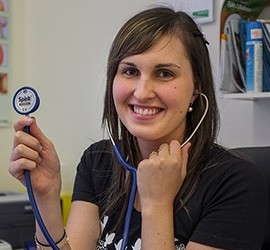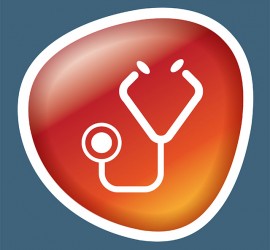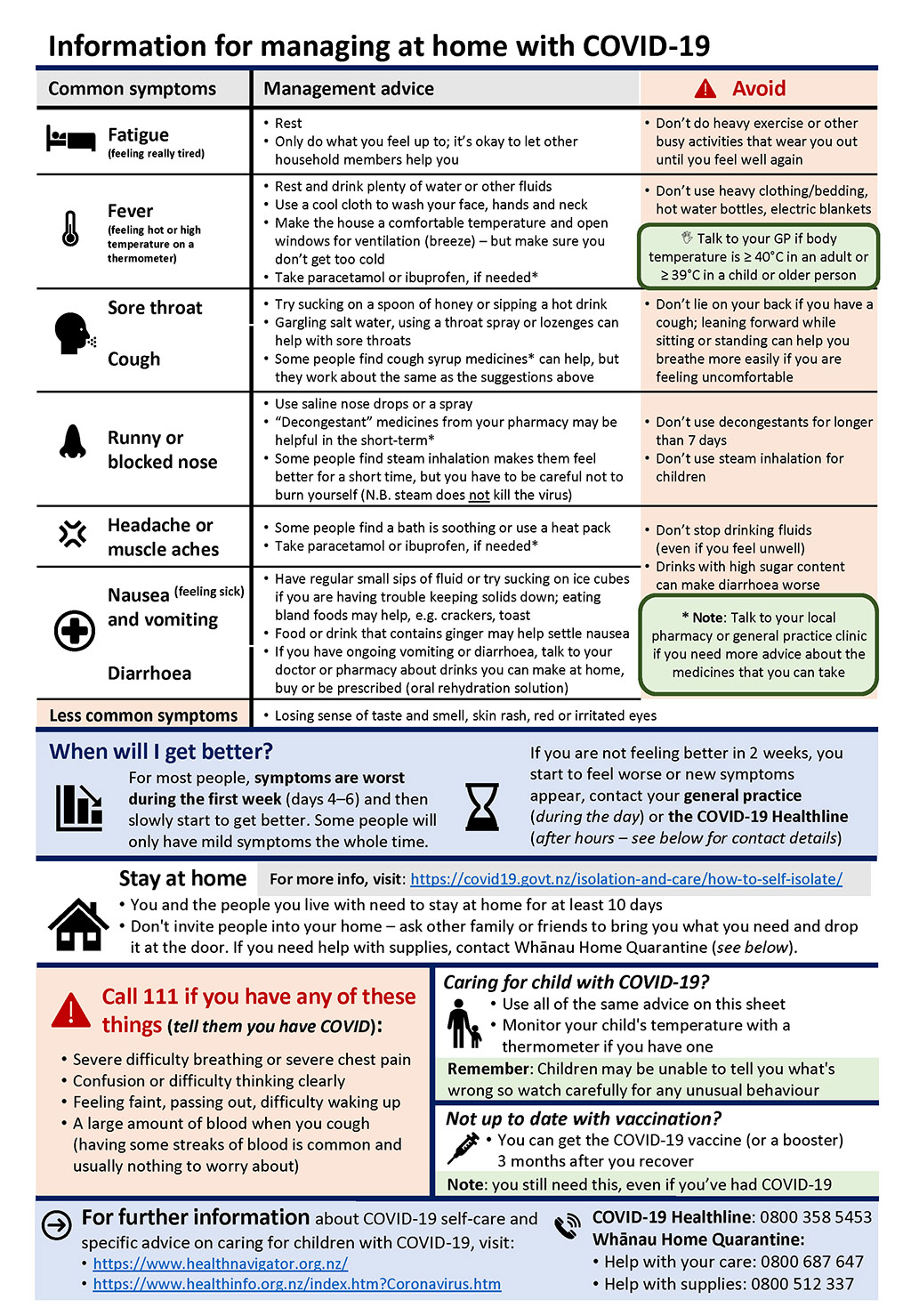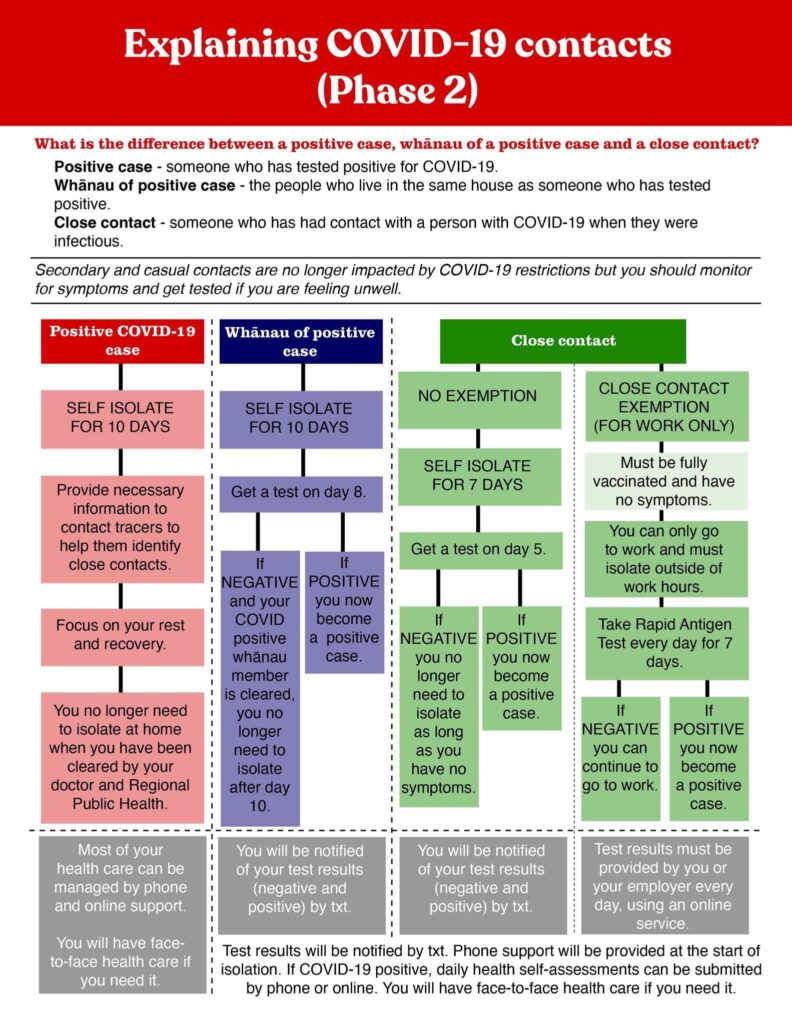COVID Home Isolation Update 14 March
From midnight last Friday the rules for home isolation with COVID changed. The duration of isolation reduced from 10 days to 7 days.
If you have tested positive for COVID-19, you will need to isolate for at least 7 days while you recover from COVID-19. Start counting your 7 days from day 0. Day 0 is the day that your symptoms started or the day that you got tested if you do not have any symptoms. If after 7 days you still have symptoms you need to remain in isolation until 24 hours after your symptoms resolve.
You are a Household Contact if you live with someone who has tested positive for COVID-19. Whether you are fully vaccinated or not, you will need to:
- self-isolate from the day the person with COVID-19 tests positive or is notified as a probable case until they complete 7 days of isolation
- get a test for COVID-19 on Day 3, and on Day 7 of the isolation period, or sooner if you develop symptoms. If you test positive, you need to follow the guidance for people who have COVID-19.
See the Unite Against COVID-19 website for full details




